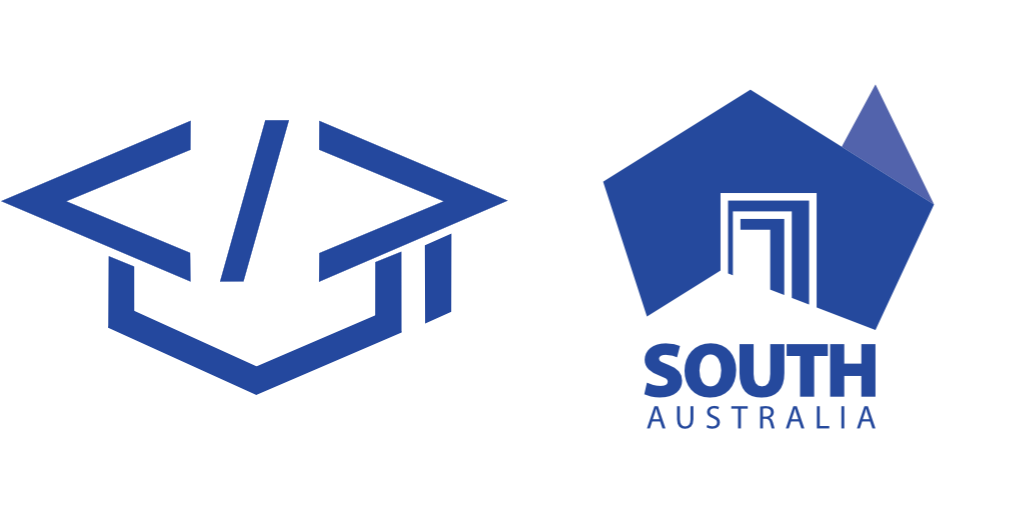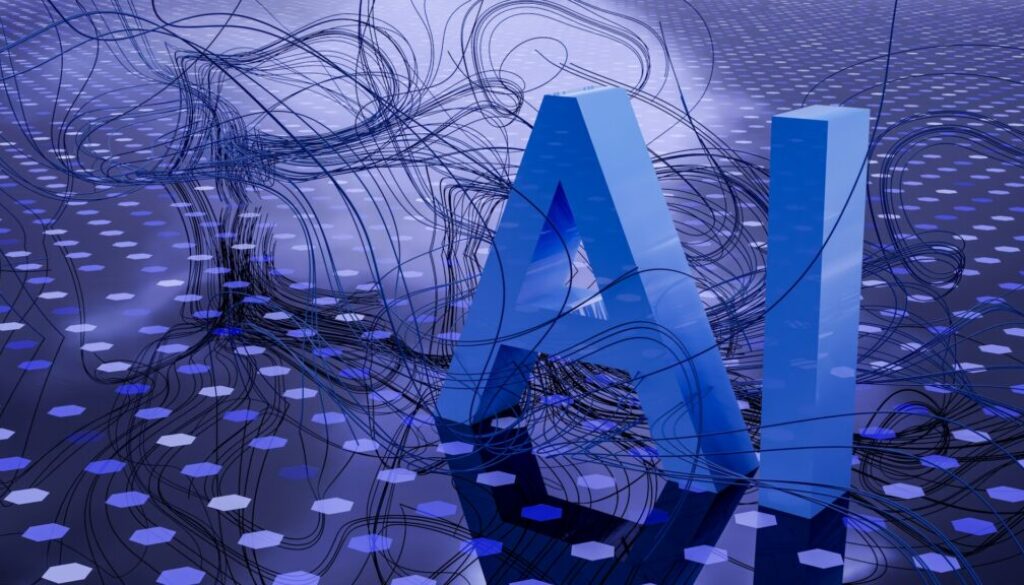How to Prepare for a Career in AI
Artificial Intelligence is reshaping every industry, from healthcare to finance and education. But how do you actually get started in such a fast-moving field? According to Jure Leskovec, a computer science professor at Stanford University, the answer is simple: build things. And that is precisely what we do at Adelaide Robotics and Computer Science Academy. We build AI projects. See some examples here.
Build Real Projects
If you want to work in AI, you need to prove you can do the work. Start by launching small projects using public datasets or open datasets from Google or Hugging Face. Create something tangible: a demo, a chatbot, a data analysis tool, a visualiser.
Deploy your work, share it on GitHub, and write about what you learned. Better yet, participate in our courses. They’re an excellent way to test your skills, collaborate with others, and show creativity. You’ll gain valuable experience and demonstrate curiosity and initiative, traits every AI company looks for.
Curiosity Beats Credentials
Leskovec emphasises that the best candidates are adaptable and curious. AI evolves at lightning speed — today’s must-know tool might be obsolete next year.
He encourages students to explore frameworks like PyTorch, JAX, and TensorFlow, and to experiment with LLM tooling, multimodal models, diffusion models, and reinforcement learning.
A degree or certificate may help you get noticed, but it won’t get you hired. Employers want people who can learn fast, solve problems creatively, and build things that work.
Think Differently
Interviews focus as much on how candidates think as on the final answer. They value reasoning, originality, and questioning assumptions.
AI is still an experimental field — “there’s no playbook for AI,” Leskovec says — so companies are looking for people who can think independently and bring new perspectives. Practice brainstorming multiple solutions to a single problem, even unconventional ones. This habit trains your mind to see opportunities others miss.
Be Human, Too
Finally, Leskovec reminds us that technical skills are not everything. The best AI professionals can communicate clearly, collaborate effectively, and think ethically. They understand the social impact of what they build and show empathy and awareness of bias.
AI will be shaped by humans —not just coders, but also communicators, collaborators, and critical thinkers.
Why This Matters for ARCSA Students
At Adelaide Robotics and Computer Science Academy, our Computer Science Course is designed with this mindset. Students don’t just learn to code — they create, experiment, and collaborate. By the end of the course, you’ll have a solid portfolio of real-world projects that showcase your skills and curiosity — exactly what AI employers like Leskovec are looking for.
Ready to start your AI journey?
Join our Computer Science Course and take your first step toward building the future.

